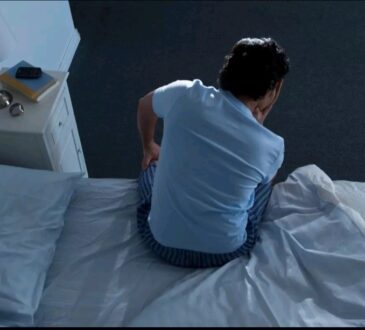
What would you do if you saw a six-year-old alone in a public place?
That’s the question that ignited a social experiment conducted by Unicef, which aims to show the different ways we respond to children around the world.
The conclusion: If they look like us, we’ll help them. But if they don’t, it’s best to ignore them.
Most of us can’t imagine ignoring a child in need when in fact, millions of children are ignored every single day.
Impoverished children don’t have pretty, clean clothes like some kids, and they appear to be dirty—an eye-sore if you will, when contrasted with privileged kids.
Children who have a roof over their head, a warm meal to eat, and appear to be clean and put-together can get all the help they need. But the invisible children—the ones we don’t see because they don’t look like us, or don’t meet our standard of cleanliness and beauty—they continue to suffer.
Every child has the right to a fair chance at life, but not every child gets it simply because of where they’re born, who they’re born to, and because they live in poverty.
UNICEF’s “For Every Child” campaign aims to change that.
Their belief: It’s time for the world to treat its least fortunate children the way it treats its luckier children.
We live in a society that is completely blinded by beauty. It doesn’t matter where you live in the world, impoverished people are hidden, avoided, pushed to the side and shamed.
This leads to an intergenerational cycle of disadvantage. But our children are worth more than that.
Every child deserves a fair chance at life. It’s time we remove our blinders and stop ignoring the millions of children around the world—and right here at home—whose only hope comes from those more privileged than they.




